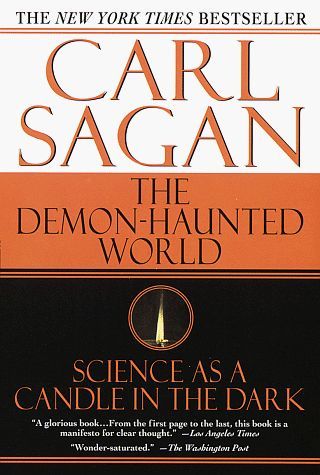
Reviews
Colton Ray@coltonmray
Brandy@goddamnxdelight
Aske Dørge@aske
Paoovi@pawa
anjali@anjalislibrary
Cyrus Yochim@cyrusy1994
Sherry@catsareit
Darren Olivier@darreno
Taylor Murphy@tayloramurphy
sash.@sashaolomon
C Fernando Maciel @cfernandomaciel
Anton@tonyv
Kim@kimlipse
Michael Ernst@beingernst
Georgi Mitrev@gmitrev
Erhan Bilici@erhanblc
David McDonagh@toastisme
joseph@uncanney
Clark Lindsay@clindsay00
Mario Guisado@magg71
S@benhur
Kieran Mansfield@cepheusradio
Meg G@megng
Nelson Zagalo@nzagalo
Highlights
Laura Mei@thelibrariansnook
Laura Mei@thelibrariansnook
Aske Dørge@aske